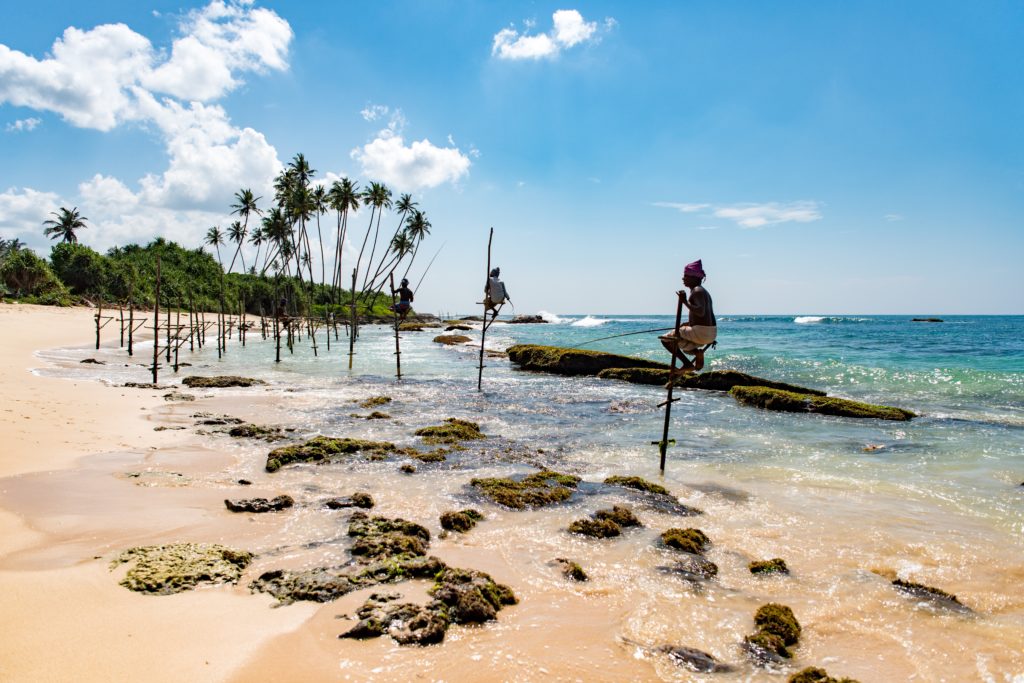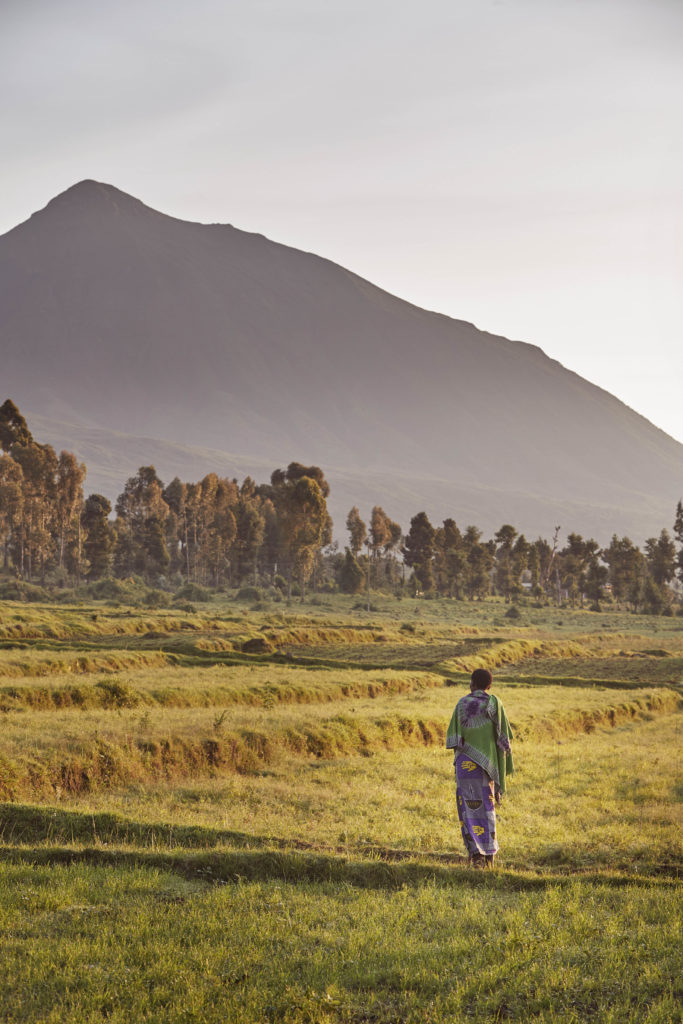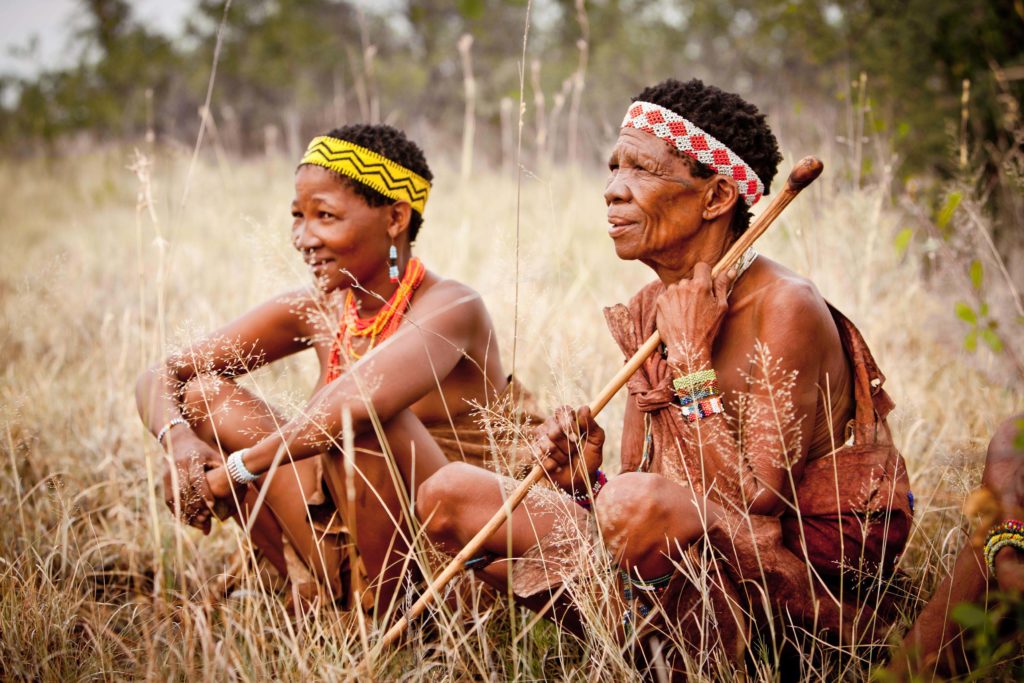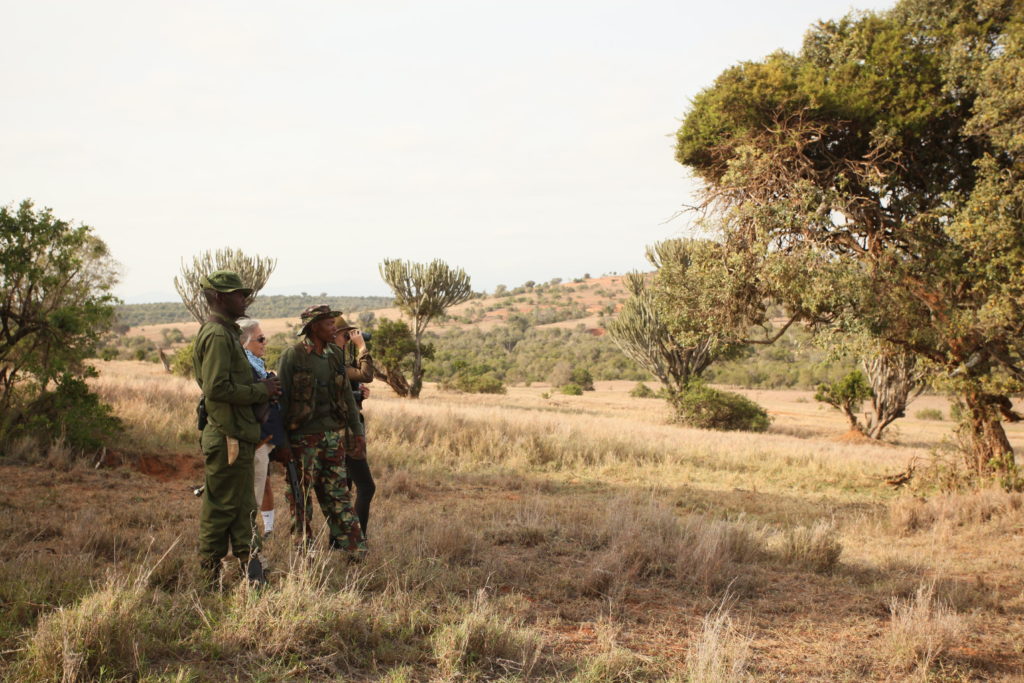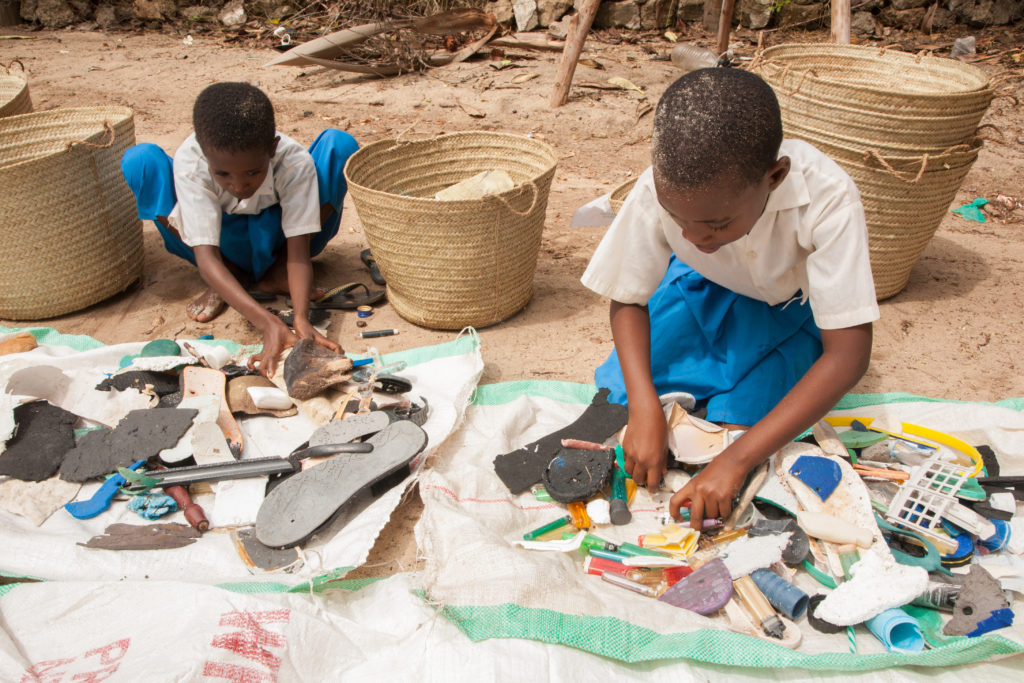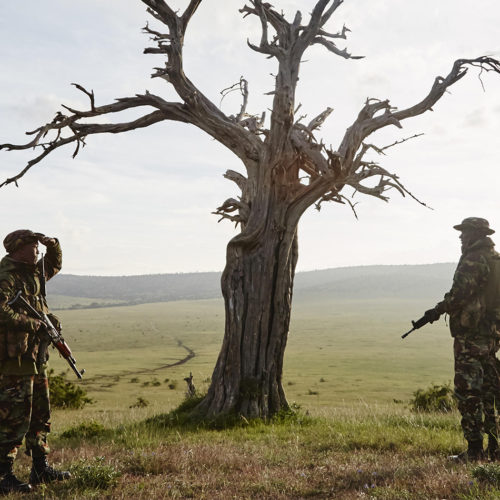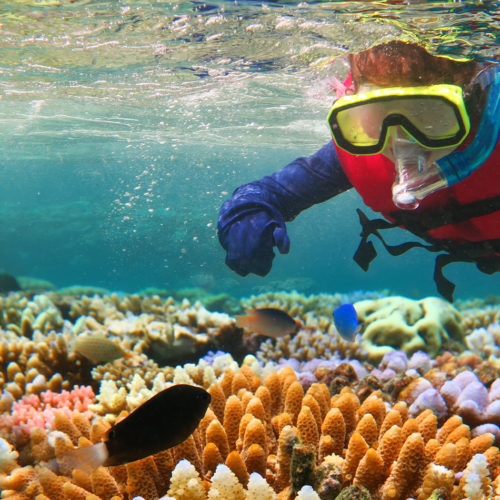The health of our ocean is inextricably linked to the health of our planet. For example, it has captured 90% of the additional heat generated from greenhouse gas emissions, and absorbed 25% of all CO2 emissions. Our ocean ecosystem is therefore fundamental for the global climate system and planetary strength as a whole.
Not only do marine and coastal ecosystems store vast amounts of CO2, they protect coastal communities from climate impacts. Providing food, recreational, medicinal and economic opportunities, these ecosystems significantly support human well-being.
The Seas4Life Trust addresses this interdependency through its innovative marine conservation initiatives, each of which would not be possible without the active participation of local communities. The organisation is currently operating in the Mswambweni seascape where an extraordinary array of marine species reside. This area of patch reefs, mangroves and seagrass beds is home to migrating humpback whales, sea turtles, whale sharks and the threatened dugong.
The Trust is aiming to educate the community on the potential for this ecosystem to provide access to economic and social benefits. To achieve this, the organisation adopts an inclusive approach to coastal protection through placing the responsibility in the hands of the locals by inviting them to appreciate the surrounding marine ecosystem. Through evolving into custodians of their ocean resources, these local Kenyans are consequently empowered.





